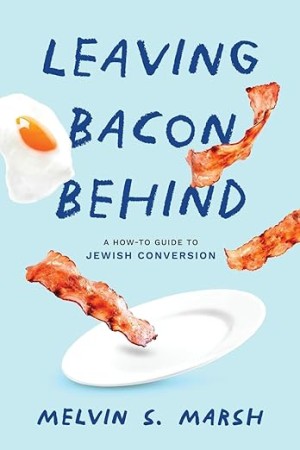Riva Lehrer’s Golem Girl is both a memoir of disability and a portfolio of a talented artist. Photographs and paintings included in the book illustrate the author’s life experiences. Riva is born with spina bifida at a time when pregnant women were encouraged to abort babies with such diagnoses. Riva’s mother Carole said yes to this baby and, in turn, Riva was handed a life full of routine hospital visits, surgeries, then more surgeries after procedural errors and complications, and, ultimately, the constant fear of illness and the humiliation of being treated as “other.”
Part one of this memoir revolves around Riva’s childhood, particularly her schooling at the Condon School in Cincinnati, which, at the time of Riva’s attendance in the sixties and early seventies, is an innovative, revolutionary school that provides an excellent education to children with disabilities. Lehrer recounts her comfort at the school, where she is able to learn and make friends while having her medical needs met. Despite the school being a haven for children like Riva, she details some disturbing memories of teachers or substitute teachers treating the children poorly or times when classmates would simply disappear, most likely due to the low life-expectancy of some children with disabilities, which was not followed-up with emotional counseling for surviving classmates.
Lehrer often describes feeling like a golem, which, according to Jewish folklore, is an anthropomorphic, man-made creature, typically made out of clay or soil, magically brought to life. Through all of the dozens of surgeries that Lehrer endures, over time her body becomes so altered that she views herself as golem-like. Strangers make crude, obnoxious comments about her body in passing. Lehrer’s doctors and surgeons often have no respect for her opinions and worries. One cringeworthy experience occurs when Riva’s uterus is removed without any conversation about her future nor any concern or mourning for the life she might have had if her body were valued and loved. Lehrer begins to draw self-portraits and portraits of friends and acquaintances with disabilities, with the intent of showing the humanity, strength, and beauty of each individual.
Part two of the memoir delves into Riva’s artistic career, as well as her exploration of sexual identity and romantic relationships. Lehrer’s research about the body leads her to teach artists and future doctors in anatomy classes. She hopes to impart the significance of having empathy for the human body, while questioning preconceived notions about what a “normal” body looks like.
Two of Lehrer’s stunning portrait series – titled Totems and Familiars and Circle Stories–demonstrates her creativity in portraiture and shows her belief that the disabled body is worthy of serious analysis and critique. The lives of her subjects add layers of personal experience with various disabilities, traumas, and love that Lehrer portrays front and center, refusing to remain at the margins of society.
In the epilogue, Lehrer mentions that even though the U.S. has come a long way by becoming a more inclusive, accommodating society, the pandemic has resulted in people with disabilities becoming “deliberate casualties” due to decisions restricting medical care to patients diagnosed with COVID-19. Lehrer’s story shows readers what it means to be human and how art creates an empathetic, honest portrayal of the human experience.
Jamie Wendt is the author of the poetry collection Laughing in Yiddish (Broadstone Books, 2025), which was a finalist for the 2022 Philip Levine Prize in Poetry. Her first book, Fruit of the Earth (Main Street Rag, 2018), won the 2019 National Federation of Press Women Book Award in Poetry. Her poems and essays have been published in various literary journals and anthologies, including Feminine Rising, Catamaran, Lilith, Jet Fuel Review, the Forward, Minyan Magazine, and others. She contributes book reviews to the Jewish Book Council. She won third prize in the 2024 Reuben Rose Poetry Competition and won second prize for the 2024 Holloway Free Verse Award through the Illinois State Poetry Society. Wendt holds an MFA in Creative Writing from the University of Nebraska Omaha. She lives in Chicago with her husband and two kids. Follow her online at https://jamie-wendt.com/ or on Instagram @jamiewendtpoet.


